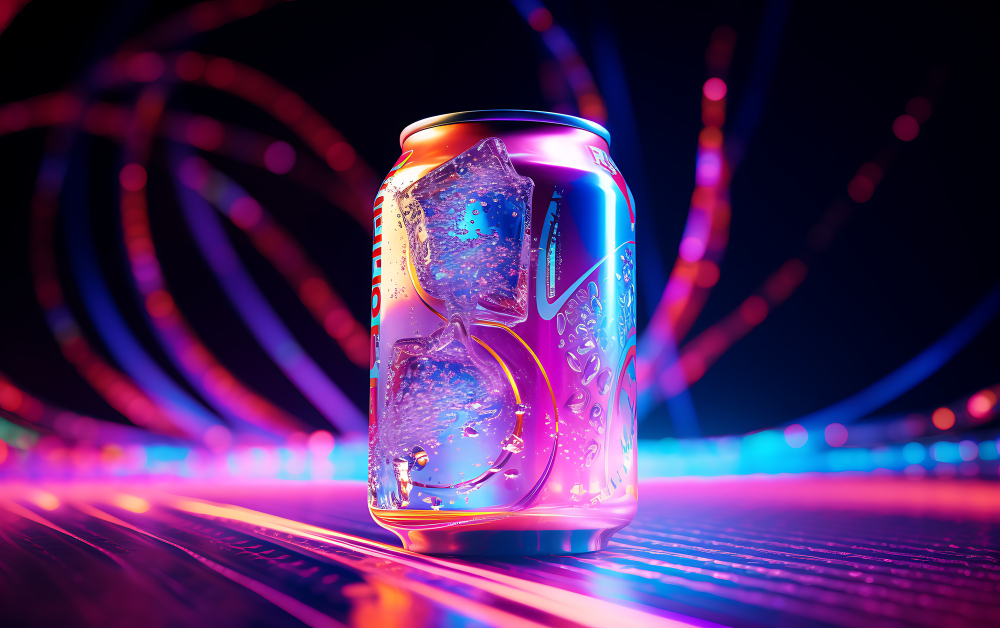Energy drinks have surged in popularity in recent years, offering consumers a quick boost of energy and alertness to power through their busy schedules. However, like all perishable products, energy drinks have a limited shelf life that can impact their taste, potency, and safety over time. Let’s delve into the lifespan of energy drinks and explore factors that influence their longevity on store shelves and in your fridge.
The Basics
The shelf life of energy drinks refers to the length of time they can maintain their quality, flavor, and potency under optimal storage conditions. It’s important to note that while energy drinks typically have a relatively long shelf life, they are not immune to degradation over time. Factors such as exposure to light, temperature fluctuations, and the presence of certain ingredients can all affect the stability and freshness of energy drinks.
Impact on Shelf Life
The composition of energy drinks plays a significant role in determining their shelf life. Most energy drinks contain a combination of water, sugars, caffeine, vitamins, amino acids, and herbal extracts, along with preservatives and other additives. While some ingredients, such as caffeine and certain vitamins, have a longer shelf life, others, such as natural flavors and herbal extracts, may degrade more quickly, affecting the taste and potency of the drink.
Preserving Freshness
The packaging and storage conditions of energy drinks are critical factors in maintaining their quality and extending their shelf life. Energy drinks are typically packaged in aluminum cans or PET bottles, which provide a barrier against light, moisture, and oxygen, helping to preserve their freshness. Store energy drinks in a cool, dry place away from direct sunlight and heat sources to prevent exposure to high temperatures, which can accelerate the degradation of ingredients.
Guidelines for Consumption
Like other perishable products, energy drinks are labeled with expiration dates or “best by” dates to indicate the recommended timeframe for consumption. While energy drinks may still be safe to consume after the expiration date, their flavor, potency, and quality may deteriorate over time. It’s best to adhere to the manufacturer’s recommendations and consume energy drinks before the expiration date for the best taste and experience.
Changes in Flavor and Potency
As energy drinks age, they may undergo changes in flavor, aroma, and potency due to the degradation of certain ingredients. For example, the caffeine content of energy drinks may decrease over time, resulting in a less pronounced stimulant effect. Similarly, the taste and aroma of natural flavors and herbal extracts may diminish, leading to a less enjoyable drinking experience. Pay attention to any noticeable changes in the appearance, smell, or taste of energy drinks before consuming them past their expiration date.
Risks of Consuming Expired Products
While consuming energy drinks past their expiration date may not necessarily pose immediate health risks, it’s essential to exercise caution and common sense when consuming expired products. Over time, the quality and safety of ingredients may degrade, increasing the risk of microbial contamination or chemical changes that could potentially harm your health. When in doubt, it’s best to discard expired energy drinks and purchase fresh ones to ensure optimal quality and safety.
Enjoy Responsibly and Mindfully
In conclusion, while energy drinks can provide a convenient pick-me-up when you need a boost of energy, it’s essential to be mindful of their shelf life and storage conditions to maintain their freshness and potency. By understanding the factors that influence the lifespan of energy drinks and following proper storage guidelines, you can enjoy these beverages safely and responsibly. Remember to check expiration dates, store energy drinks properly, and consume them in moderation to maximize their enjoyment and benefits.
